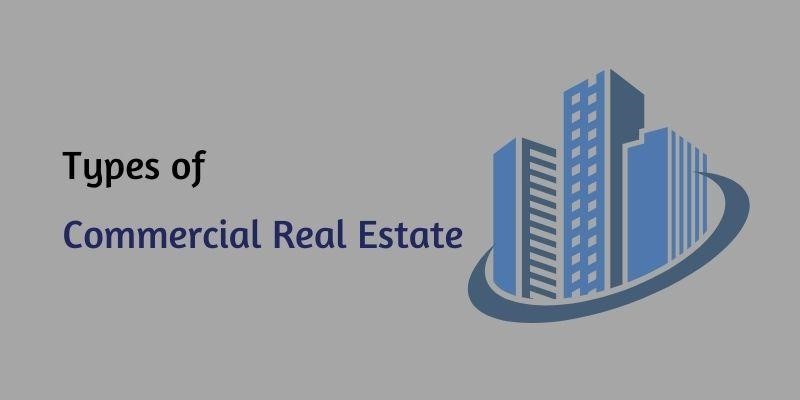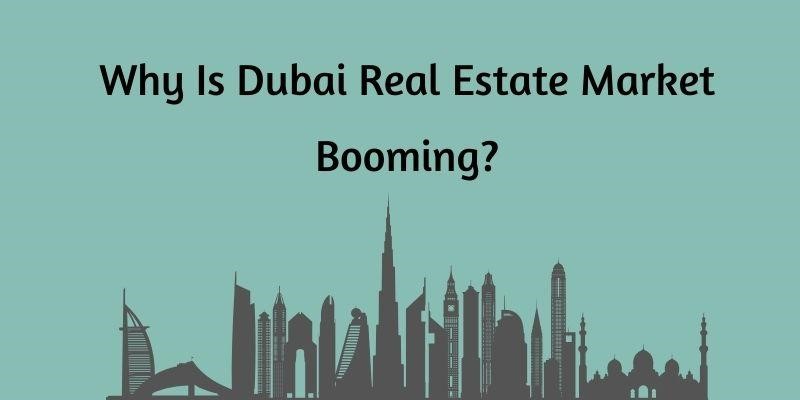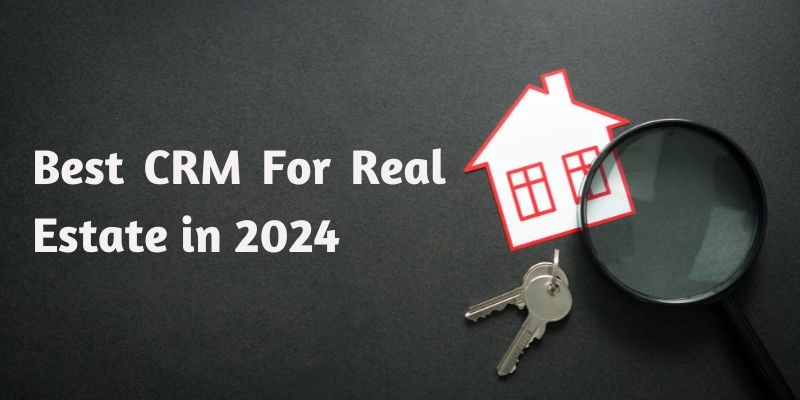Abu Dhabi’s real estate market is experiencing significant growth. It is home to uber-luxurious homes and investment properties that benefit from a booming economy. In addition, the city’s world-class infrastructure, prestigious location, and tax-free status make it a prime destination for both local and international investors. However, as with any investment, it is crucial to understand the market’s significant drivers before making a purchase.
Some of the factors that impact real estate market performance in Abu Dhabi are:
- Population growth: The Abu Dhabi metro area population has increased an impressive 1.85% since 2021 and is expected to continue consistent growth over the next decade. This growth will drive demand for both residential and commercial property.
- Economic diversification: The Emirate’s economy is diversifying away from its significant GDP contributors being oil & gas. This diversification process provides more financial stability and, therefore, segmented demand for catering to various industries and businesses, leading to a growth in alternative office typologies and, ultimately, more development and investment opportunities.
- Infrastructure investment: Abu Dhabi is investing billions of dollars into developing worldclass infrastructure, including an impressive airport expansion, metro system, new museums, and worldclass retail and tourism attractions. These developments will further boost demand for both commercial and residential property.
But beyond infrastructure, finance, sales, and expected supply are all significant influencers in the Abu Dhabi real estate market.
Real Estate Market Sales and Mortgages
Sales volumes and mortgage value amounts that are registered often tell a story about how healthy Dubai’s real estate market is. However, in the past two years, they have been slightly misleading. A 2020 government economic initiative allowed homeowners to register their mortgages without paying the 2% service fee. Many homeowners, particularly those who obtained ownership through the secondary market, seized this opportunity to register their mortgages. As a result, 2020 showed an unusually high total sale value of the residential property, 20.28 billion AED.
The impact of the global pandemic on Abu Dhabi residential sales was still evident, as 2021 saw statistically significant fewer sale values and volumes than 2019. The reason is likely due to the most severe uptick in COVID-19 cases at the start of 2021. The increase in cases resulted in physical movement restrictions, ultimately weakening buyer demand.
Interestingly, despite the significant decline in sales volume, the price per square meter increased across apartments, villas, and villa plots from 2020 to 2021. The increase in sales price shows the overall strength of the Abu Dhabi residential real estate market.
Following 2021’s real estate market decline, Abu Dhabi leadership implemented several government-level policies strategically designed to reinvigorate the property market. Real estate sales and mortgages are highly impacted by macroeconomic conditions in Abu Dhabi and worldwide. Despite the impacts of the pandemic, the property market is rebounding, driven by strong economic and population growth, as well as an expansion in the city’s tourism and hospitality sectors.
Real Estate Stock and Future Supply
As new construction projects are completed, and new businesses move in, the real estate market is constantly changing. This industry movement can make it difficult to predict how the market will behave in the future. However, understanding new supply within the metropolitan area and outlining regions indicate future market conditions.
Much of Abu Dhabi’s undeveloped land is in developing island communities, including Saadiyat, Jubail, Yas, and Reem Islands. These areas are primarily populated with master plan developments catering to foreign ownership regulations. They are highly amenitized developments that often have set layouts offered to buyers at various price points.
The most densely populated residential areas are in the CBD, including Al Danah, Al Zahiya, and Al Hisn. However, Al Reem Island is growing in popularity and becoming an alternative to the CBD and attractive to buyers and developers. In the coming years, many developers will likely shift their focus to Al Reem and Al Saadiyat Islands because of their land availability. New developments will have a diverse mix of unit types, from villas to apartments, to satisfy a broad spectrum of buyer demands.
Real estate market performance fundamentals involve understanding the market’s key drivers, namely supply and demand. Abu Dhabi is very much in the midst of a massive growth phase. While there was a slowdown because of pandemic conditions, we can expect further growth and development as the city’s economy continues to flourish.
References
Macrotrends. Economic support to minimise the impact of COVID-19. U.AE. [Online] 2021. www.macrotrends.net/cities/22632/abu-dhabi/population#:~:text=United%20Nations%20population%20projections%20are,a%201.96%25%20increase%20from%202020.
The National News. UAE megaprojects 2022: 31 new developments in Dubai, Abu Dhabi and Northern Emirates. https://www.thenationalnews.com/business/2022/04/20/uae-megaprojects-2022-new-developments-in-dubai-abu-dhabi-and-the-northern-emirates/.









